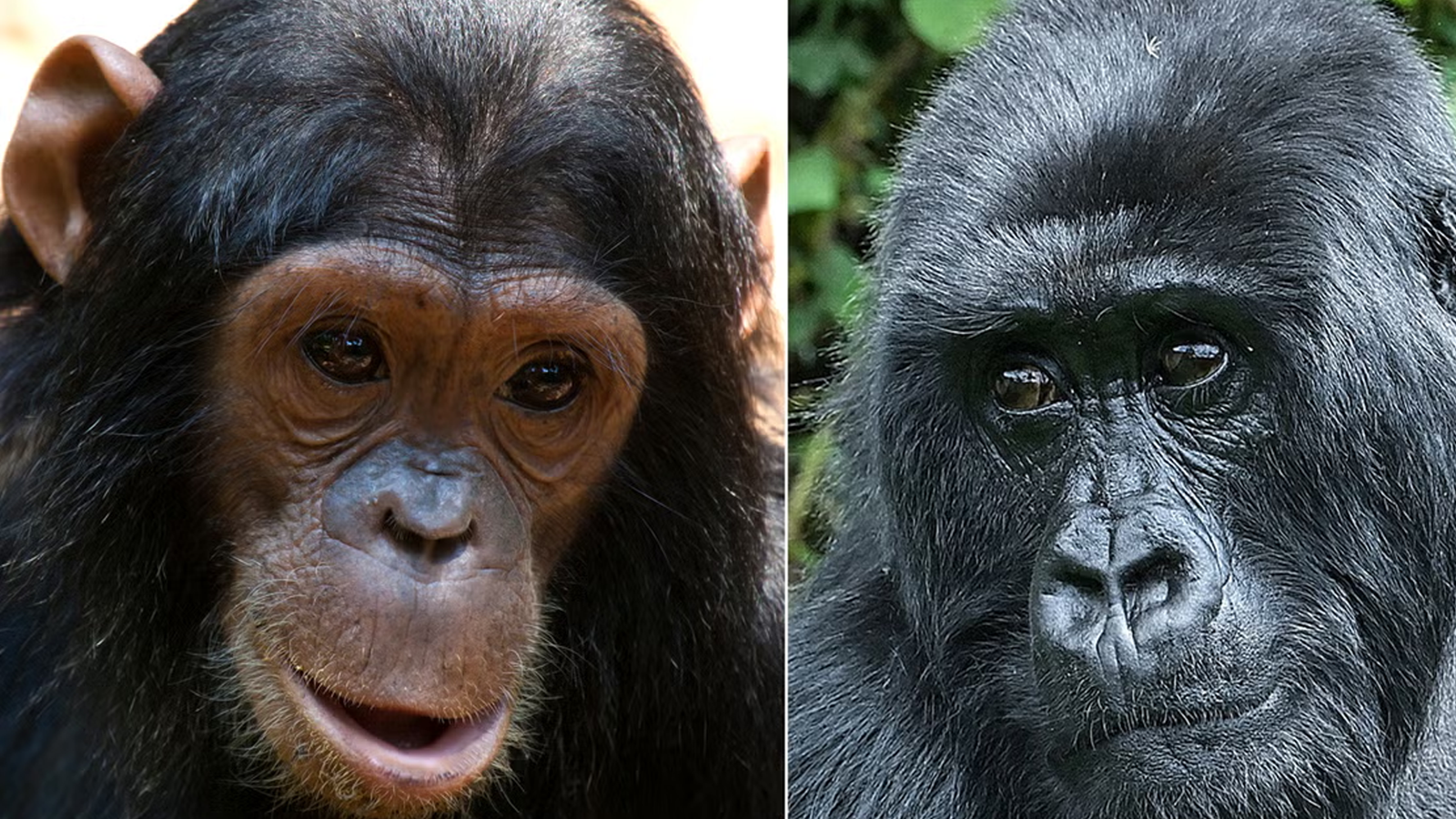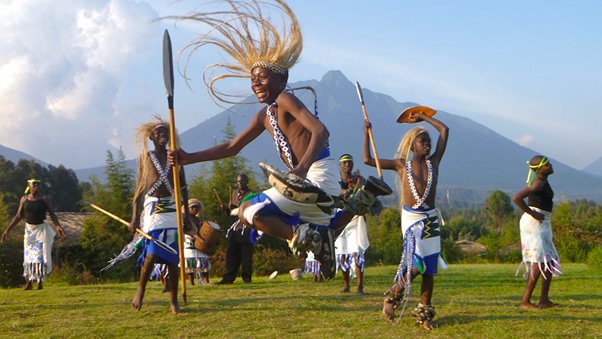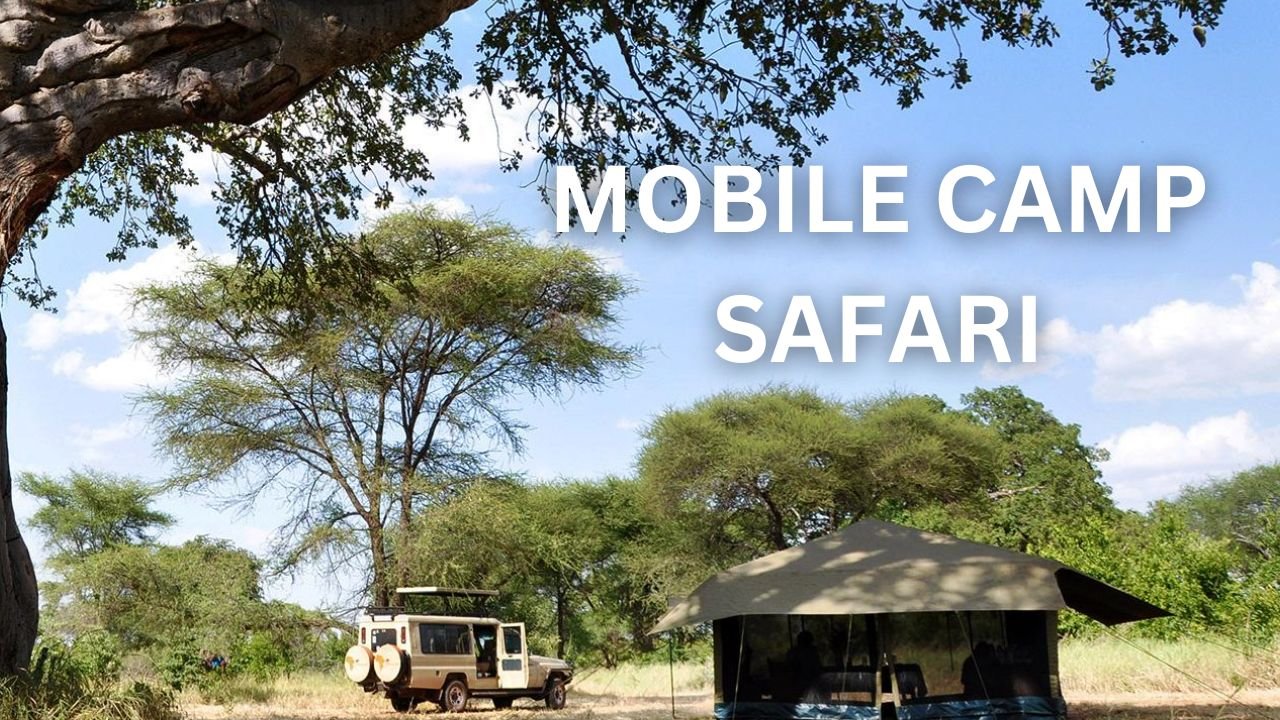Cultural projects in Bwindi have played a significant role in benefiting the local community in several ways. Bwindi, located in Uganda, is renowned for its diverse wildlife, including the critically endangered mountain gorillas. Here are some ways in which cultural projects have helped the people in the Bwindi community:

Tourism and Economic Opportunities:
Tourism and economic opportunities are closely linked in the context of cultural projects in Bwindi.
- Job Creation: The growth of tourism in Bwindi has led to the creation of jobs for local residents. As tourism activities increase, there is a demand for various services such as accommodation, transportation, guiding, hospitality, and handicraft production. The community members have been able to find employment in these sectors, providing them with a source of income and livelihood.
- Small Businesses and Entrepreneurship: Tourism has stimulated the development of small businesses in Bwindi. Local entrepreneurs have established guesthouses, restaurants, souvenir shops, and other tourist-oriented enterprises to cater to the needs of visitors. These businesses generate income for the owners and employ additional staff from the community, contributing to the local economy.
- Community-Based Tourism Initiatives: Cultural projects often involve community-based tourism initiatives, where the local residents are actively engaged in providing unique cultural experiences to tourists. This could include guided tours to traditional villages, participation in cultural events, or sharing traditional skills and crafts. By directly engaging with tourists, the community members can earn income, fostering economic self-sufficiency.
- Revenue Sharing and Community Development: Some cultural projects and tourism activities in Bwindi have implemented revenue-sharing mechanisms. A portion of the tourism revenue is allocated to community development projects, such as infrastructure improvements, healthcare facilities, education initiatives, and conservation efforts. This ensures that the economic benefits of tourism are shared with the community and contribute to their overall development.
- Support for Local Industries and Products: Tourism often creates a market for locally produced goods and services. In Bwindi, cultural projects have promoted the sale of traditional crafts, artwork, textiles, and agricultural products. This helps preserve local traditions and provides economic opportunities for artisans and farmers. By purchasing these products, tourists contribute directly to the local economy and the livelihoods of community members.
It is important to note that the sustainable management of tourism and the equitable distribution of its benefits are essential to ensure long-term economic opportunities for the community. Proper planning, community involvement, and responsible tourism practices are key to maximizing the positive impact of tourism on the local economy in Bwindi.
Preservation of Traditional Knowledge and Practices:
Preservation of traditional knowledge and practices is a crucial aspect of cultural projects in Bwindi. Here are some ways in which these projects contribute to the preservation of the community’s cultural heritage:
- Documentation and Archiving: Cultural projects often involve the documentation and archiving of traditional knowledge, practices, and artifacts. This includes recording oral histories, documenting traditional rituals and ceremonies, and collecting artifacts and traditional crafts. By preserving these elements, cultural projects ensure that valuable cultural information is not lost and can be passed down to future generations.
- Cultural Education and Training: Cultural projects provide platforms for community members, particularly elders and cultural experts, to pass on their knowledge and skills to younger generations. This can take the form of mentorship programs, workshops, and cultural education initiatives within schools and community centres. By providing opportunities for learning and training, cultural projects empower the community to actively engage in the preservation of their traditional knowledge and practices.
- Cultural Performances and Exhibitions: Cultural projects often organize performances and exhibitions that showcase traditional music, dance, storytelling, and other artistic expressions. These events not only entertain and engage the community but also serve as a means of preserving and transmitting cultural practices. By actively participating in these performances, community members have the opportunity to learn and practice traditional skills, ensuring their continuity.
- Revitalization of Traditional Practices: In some cases, cultural projects in Bwindi have helped revitalize traditional practices that were at risk of disappearing. This could involve reviving traditional farming techniques, revitalizing traditional healing practices, or promoting the use of traditional materials and craftsmanship. By reviving and reintegrating these practices into the community’s way of life, cultural projects contribute to the preservation of cultural heritage.
- Cultural Exchange and Collaboration: Cultural projects often facilitate exchanges between the Bwindi community and other communities or cultural groups. This enables the sharing of knowledge, practices, and experiences, fostering cross-cultural understanding and appreciation. By engaging in dialogue and collaboration with other cultures, the Bwindi community can strengthen their own cultural identity and preserve their unique traditions.
Overall, the preservation of traditional knowledge and practices in Bwindi through cultural projects ensures that the community’s cultural heritage is valued, celebrated, and passed on to future generations. By actively involving community members and promoting cultural education, these projects play a vital role in safeguarding the rich cultural identity of the Bwindi community.
Community Development and Empowerment:
Community development and empowerment are key outcomes of cultural projects in Bwindi. Here are some ways in which these projects contribute to the development and empowerment of the local community:
- Participatory Approach: Cultural projects in Bwindi often adopt a participatory approach, involving community members in the decision-making processes, project planning, and implementation. This engagement empowers the community by giving them a voice and allowing them to shape the projects according to their needs and aspirations. Community members become active stakeholders in their own development, leading to a sense of ownership and empowerment.
- Skill Development and Capacity Building: Cultural projects provide opportunities for community members to develop new skills and enhance existing ones. Training programs, workshops, and educational initiatives are organized to support skill development in areas such as traditional crafts, tour guiding, hospitality, event management, and conservation practices. By acquiring new skills, community members gain confidence, increase their employability, and have the potential to start their own enterprises.
- Entrepreneurship and Income Generation: Cultural projects often promote entrepreneurship within the community. They encourage the development of small businesses, cooperatives, and social enterprises that capitalize on the community’s cultural heritage. This includes the production and sale of traditional crafts, local cuisine, cultural performances, and guided tours. By creating income-generating opportunities, cultural projects empower community members to improve their economic well-being and reduce dependency on external sources.
- Infrastructure and Community Facilities: Some cultural projects in Bwindi contribute to the development of infrastructure and community facilities. This may include the construction or renovation of community centres, museums, cultural spaces, and tourism-related infrastructure. These facilities serve as platforms for community gatherings, cultural events, and educational activities, enhancing the community’s social cohesion and providing spaces for empowerment and development initiatives.
- Social Cohesion and Cultural Identity: Cultural projects foster social cohesion and strengthen the community’s cultural identity. By actively engaging in cultural activities and events, community members develop a sense of pride in their heritage and shared values. This strengthens the bonds within the community and promotes a sense of belonging. Cultural projects also facilitate intergenerational knowledge transfer, ensuring the continuity of cultural practices and values.
- Improved Quality of Life: Cultural projects indirectly contribute to an improved quality of life for community members. Economic opportunities, skill development, and infrastructure development result in increased income, better access to services, and improved living conditions. Furthermore, cultural projects often address social issues such as gender equality, environmental conservation, and health promotion, leading to overall community well-being.
In summary, cultural projects in Bwindi empower the local community by involving them in decision-making processes, providing skill development opportunities, promoting entrepreneurship, improving infrastructure, and fostering social cohesion. These initiatives contribute to the community’s overall development and enhance the well-being of its members, leading to sustainable and inclusive growth.
Environmental Conservation:
Environmental conservation is a significant focus of cultural projects in Bwindi. Here are some ways in which these projects contribute to the conservation of the environment:
Conservation Education and Awareness:
Cultural projects in Bwindi often incorporate environmental education and awareness programs. These initiatives aim to educate community members and visitors about the importance of conservation, the value of biodiversity, and the need to protect the natural resources in and around Bwindi.
By raising awareness, cultural projects promote responsible behavior and sustainable practices among residents and tourists alike.
Sustainable Tourism Practices:
Cultural projects encourage sustainable tourism practices that minimize the impact on the environment. This includes promoting responsible tourism guidelines such as limiting group sizes, maintaining a safe distance from wildlife, and respecting protected areas.
By practicing sustainable tourism, cultural projects contribute to the preservation of delicate ecosystems and minimize disturbance to wildlife habitats.
Habitat Restoration and Reforestation:
Some cultural projects engage in habitat restoration and reforestation efforts. They collaborate with local communities to restore degraded areas, plant native tree species, and protect critical habitats. These initiatives help to maintain biodiversity, provide food and shelter for wildlife, and improve the overall health of the ecosystem.
Natural Resource Management:
Cultural projects in Bwindi work closely with local communities to promote sustainable natural resource management practices. This includes promoting responsible harvesting of non-timber forest products, implementing sustainable fishing practices, and advocating for the protection of water sources.
By ensuring the sustainable use of natural resources, cultural projects help to conserve the environment and maintain the balance between human activities and the ecosystem.
Community-Based Conservation Initiatives:
Cultural projects often involve the local community in conservation efforts. This could include community-led patrols to prevent illegal poaching or encroachment, engaging community members as wildlife monitors or park rangers, or establishing community-managed conservation areas. By actively involving the community, cultural projects foster a sense of responsibility and stewardship towards the environment.
Research and Monitoring:
Cultural projects may collaborate with researchers and conservation organizations to conduct scientific studies and monitoring programs. This helps gather valuable data on biodiversity, wildlife populations, and habitat health. The findings contribute to evidence-based conservation strategies and support decision-making processes for sustainable environmental management.
By integrating environmental conservation into cultural projects, the community in Bwindi becomes actively involved in protecting their natural surroundings. These efforts help safeguard the unique ecosystems, preserve biodiversity, and ensure the long-term sustainability of the region’s natural resources.
Educational Opportunities:
Cultural projects in Bwindi often integrate educational components. Local schools and educational institutions collaborate with cultural initiatives to provide learning experiences for students.
These projects enable children and young adults to learn about their cultural heritage, history, and traditional practices, fostering a sense of cultural pride and identity. Cultural education also promotes cross-cultural understanding, tolerance, and appreciation among residents and visitors alike.
In summary, cultural projects in Bwindi have positively impacted the local community by creating economic opportunities, preserving traditional knowledge, empowering residents, promoting environmental conservation, and offering educational experiences.
These initiatives have contributed to the overall well-being, cultural preservation, and sustainable development of the community.


